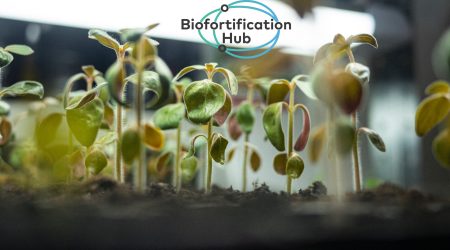European science community urges rethink on gene editing
Scientists from the John Innes Centre and The Sainsbury Laboratory today joined colleagues from across Europe in calling for an urgent rethink of EU legislation on Genetically Modified Organisms (GMOs).
Aimed at the newly-elected European Parliament and European Commission, the statement comes one year to the day that the European Court of Justice (ECJ) ruled that plants obtained by modern forms of mutagenesis, of which gene-editing is an example, are not exempted from the EU GMO Directive.
Gene-editing is quicker, and more precise than conventional breeding. It allows scientists and breeders to target specific genes already in a plant species, to turn genes on and off, for example to rapidly correct unhelpful mutations, a process that could occur naturally over time. This use of gene editing does not result in the insertion of DNA from other sources in the final plant.
In contrast, genetic modification techniques allow genes from other sources to be inserted into a plant’s genome at a random location. It is subject to rigid European legislation issued in 2001 which is different to legislation in many other nations.
An interpretation of the ECJ ruling on 25 May 2018 that even crops with the smallest CRISPR-mediated modification are subject to these restrictive provisions would result in an unjustified restriction of the use of gene editing technology, say leading researchers who have co-ordinated the open statement.
The statement argues that a small revision of the European legislation will harmonise it with the legal framework in other nations and enable European scientists, breeders, farmers and producers to use tools that produce high yielding crops while decreasing the use of chemicals and water.
Professor Dale Sanders, Director of the John Innes Centre said: “At a time when we are facing unprecedented challenges, it is essential that we can make full use of innovative tools for sustainable food production. The ECJ decision can have major negative impacts on Europe’s ability to respond to pressing global challenges.”
Professor Nick Talbot Director of The Sainsbury Laboratory, Norwich, said: “To classify gene edited crops as GMOs and equivalent to transgenic crops is completely incorrect by any scientific definition.”



